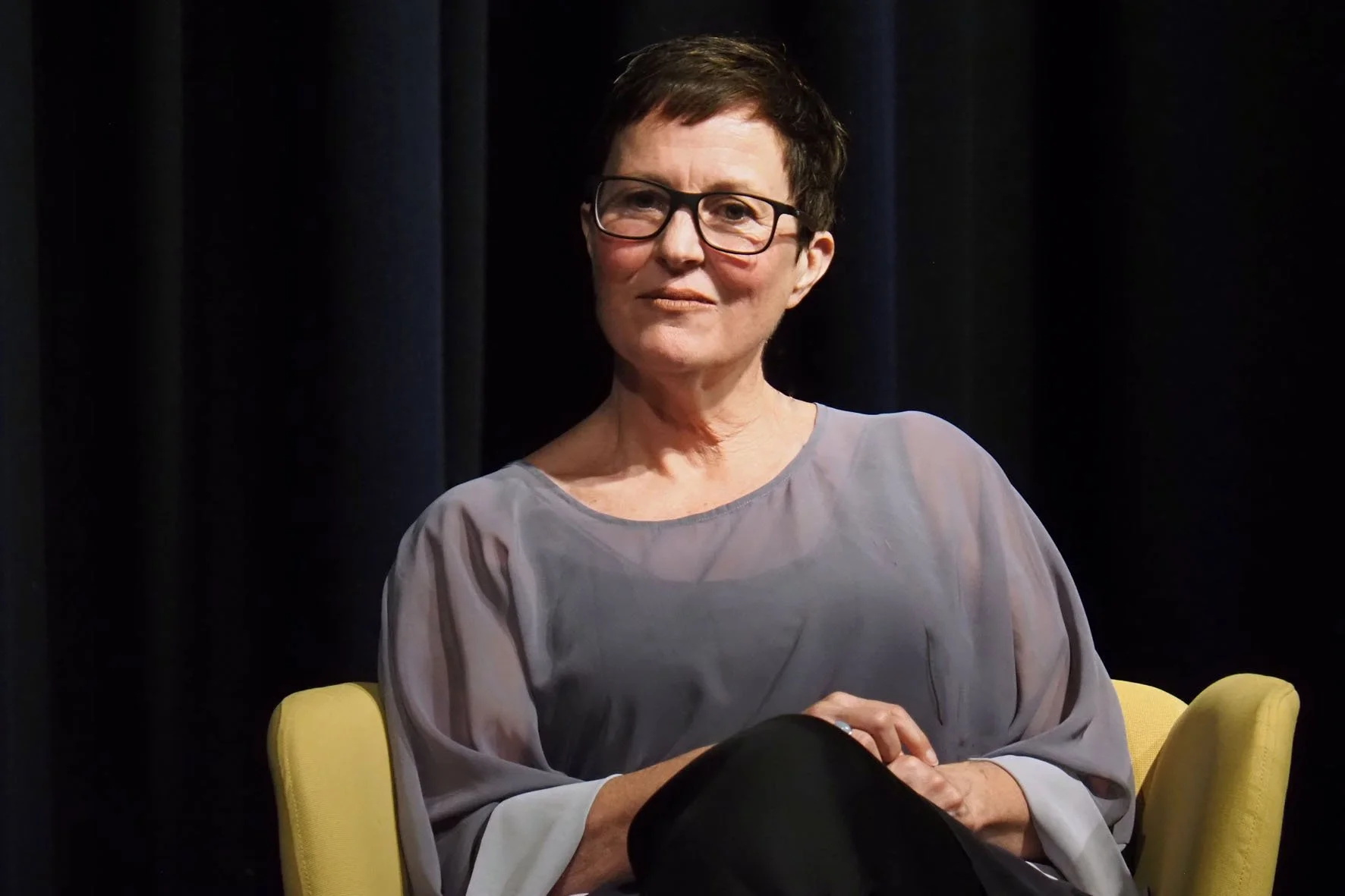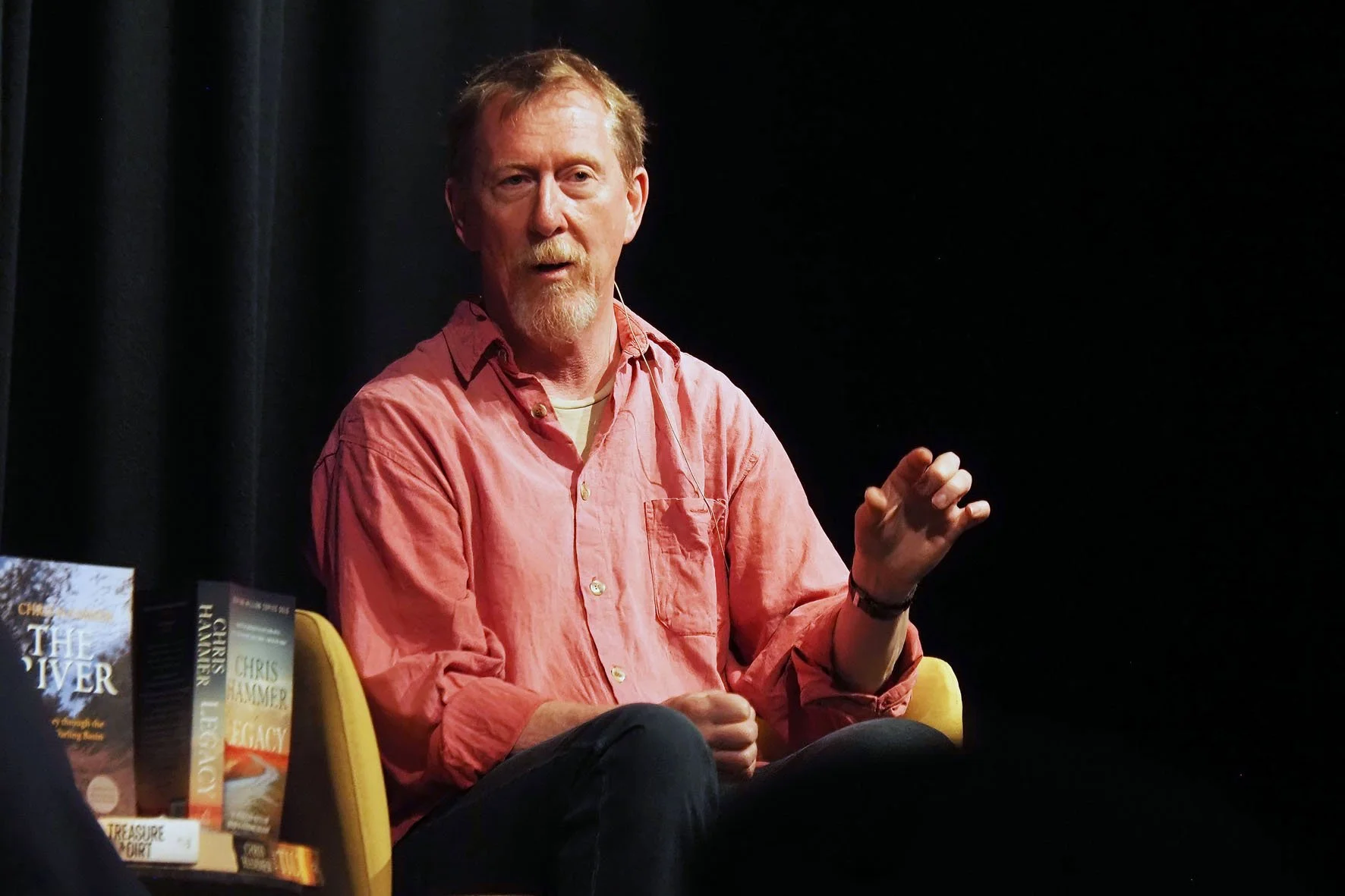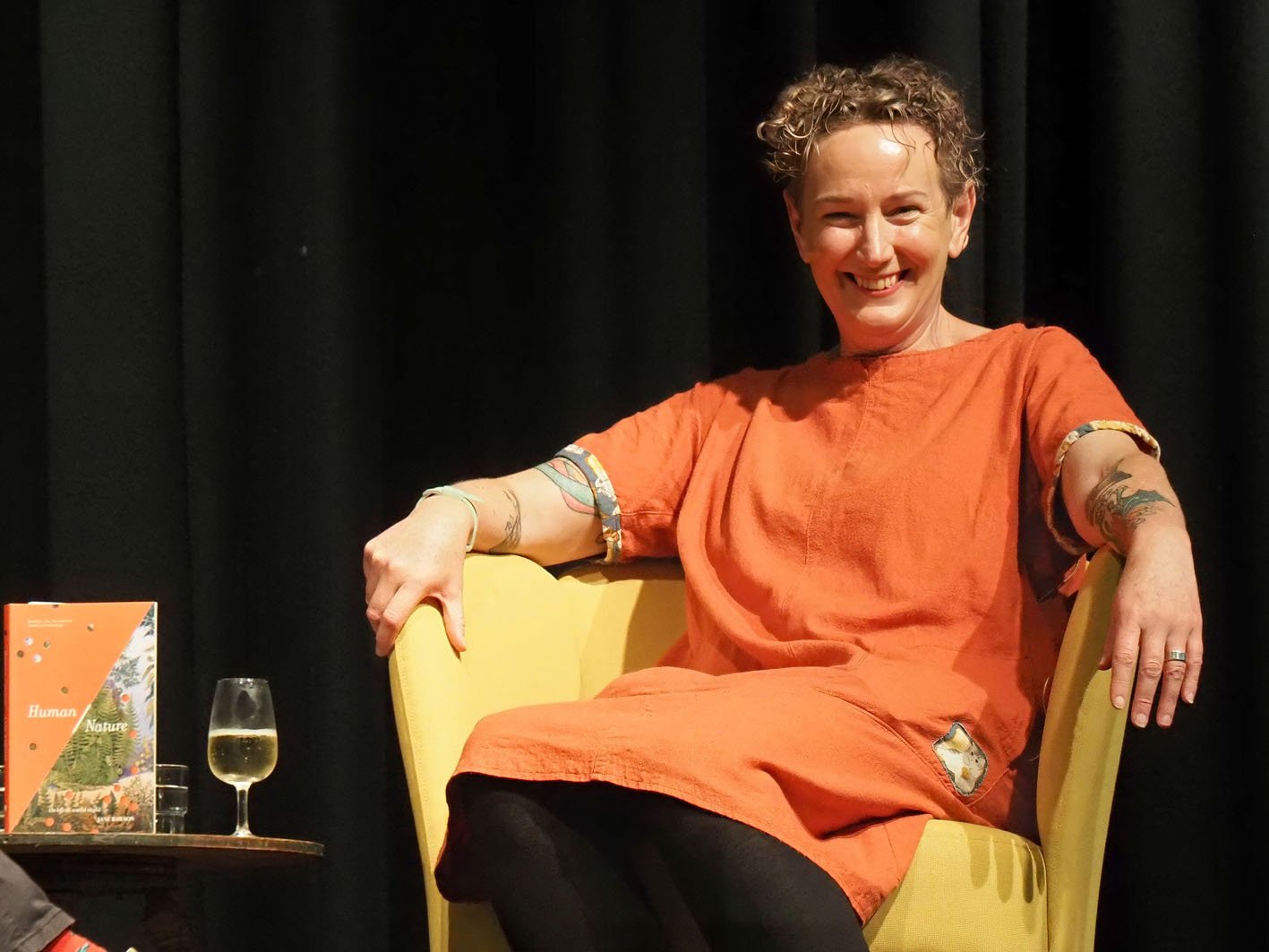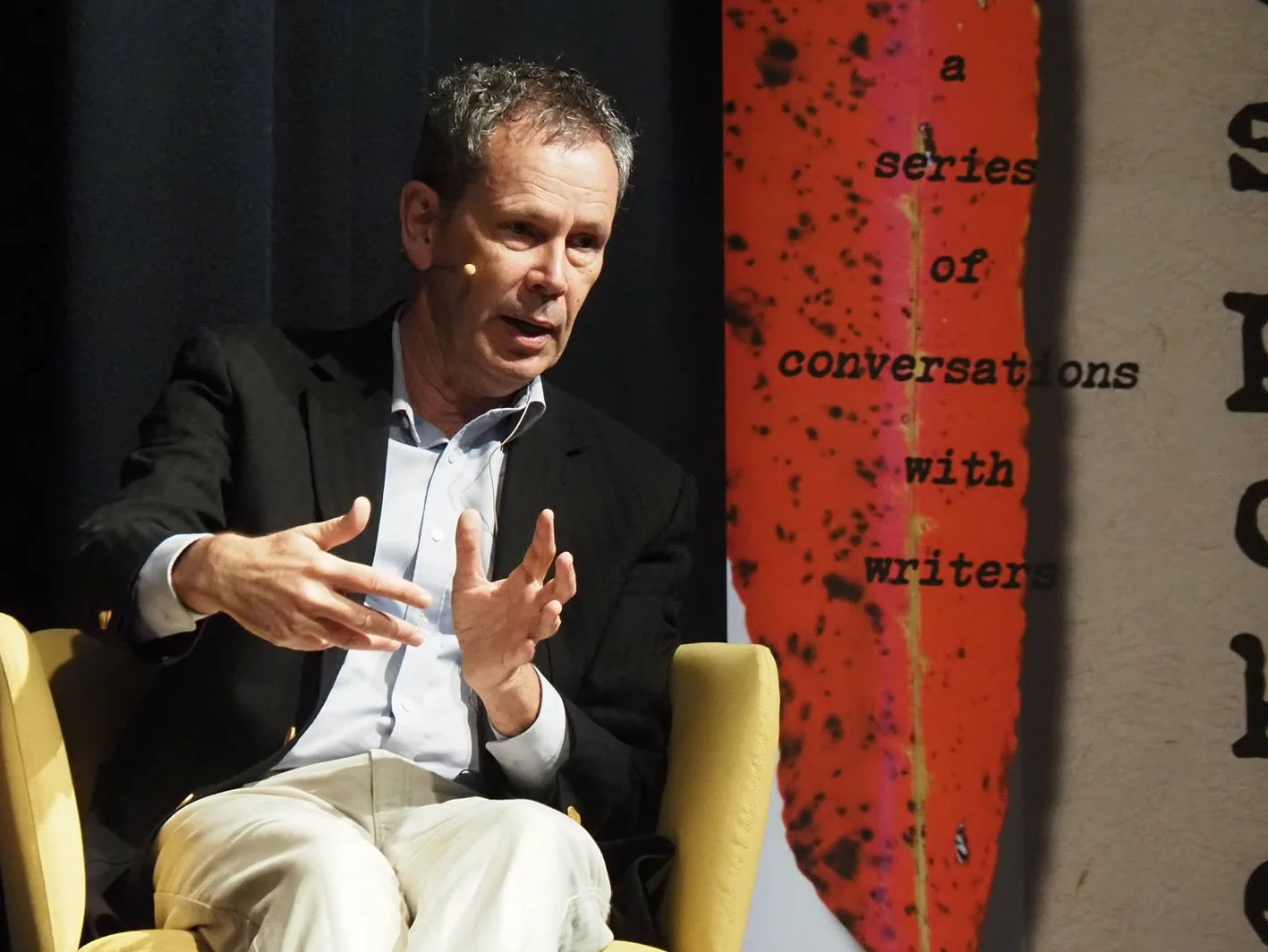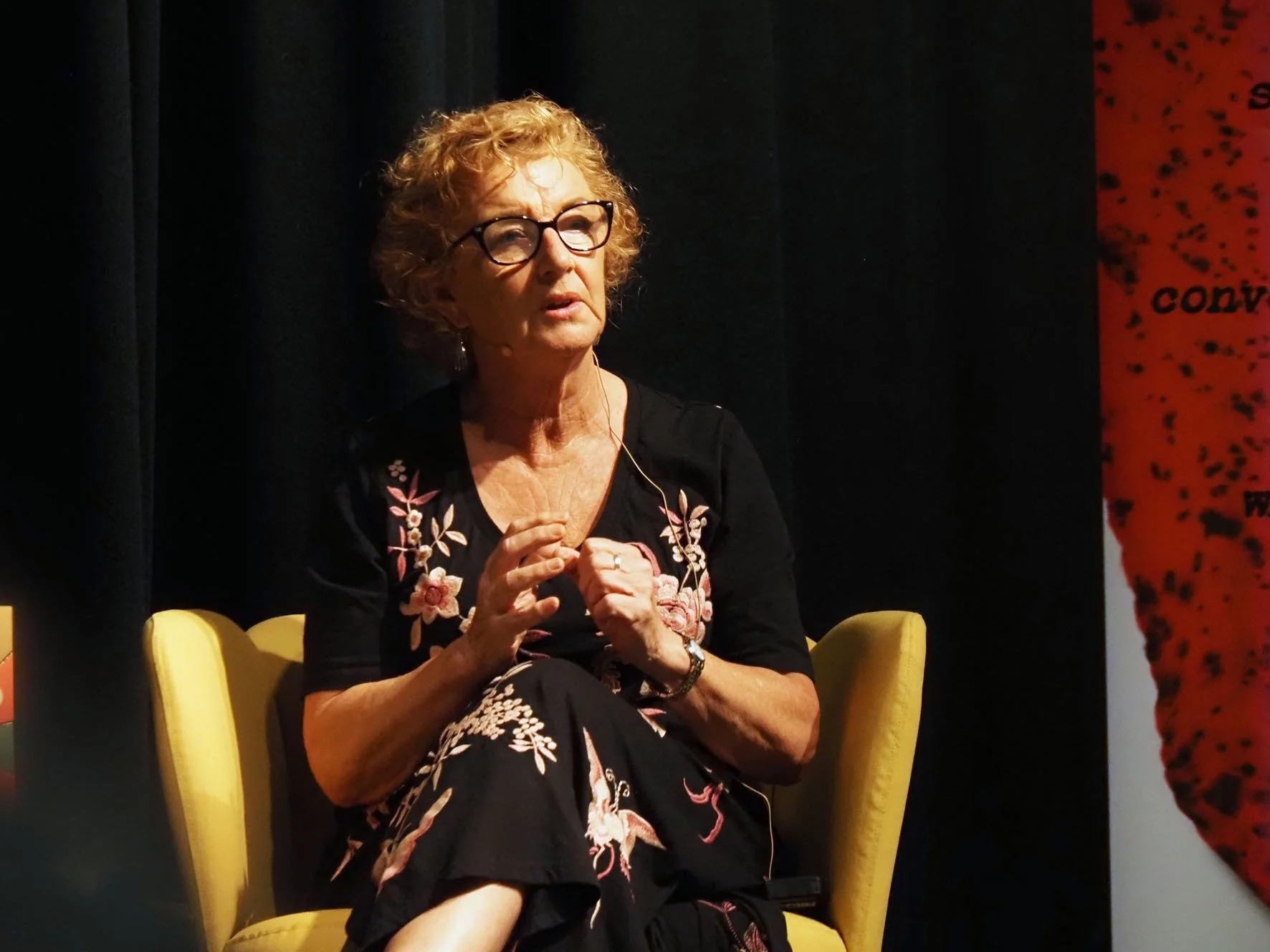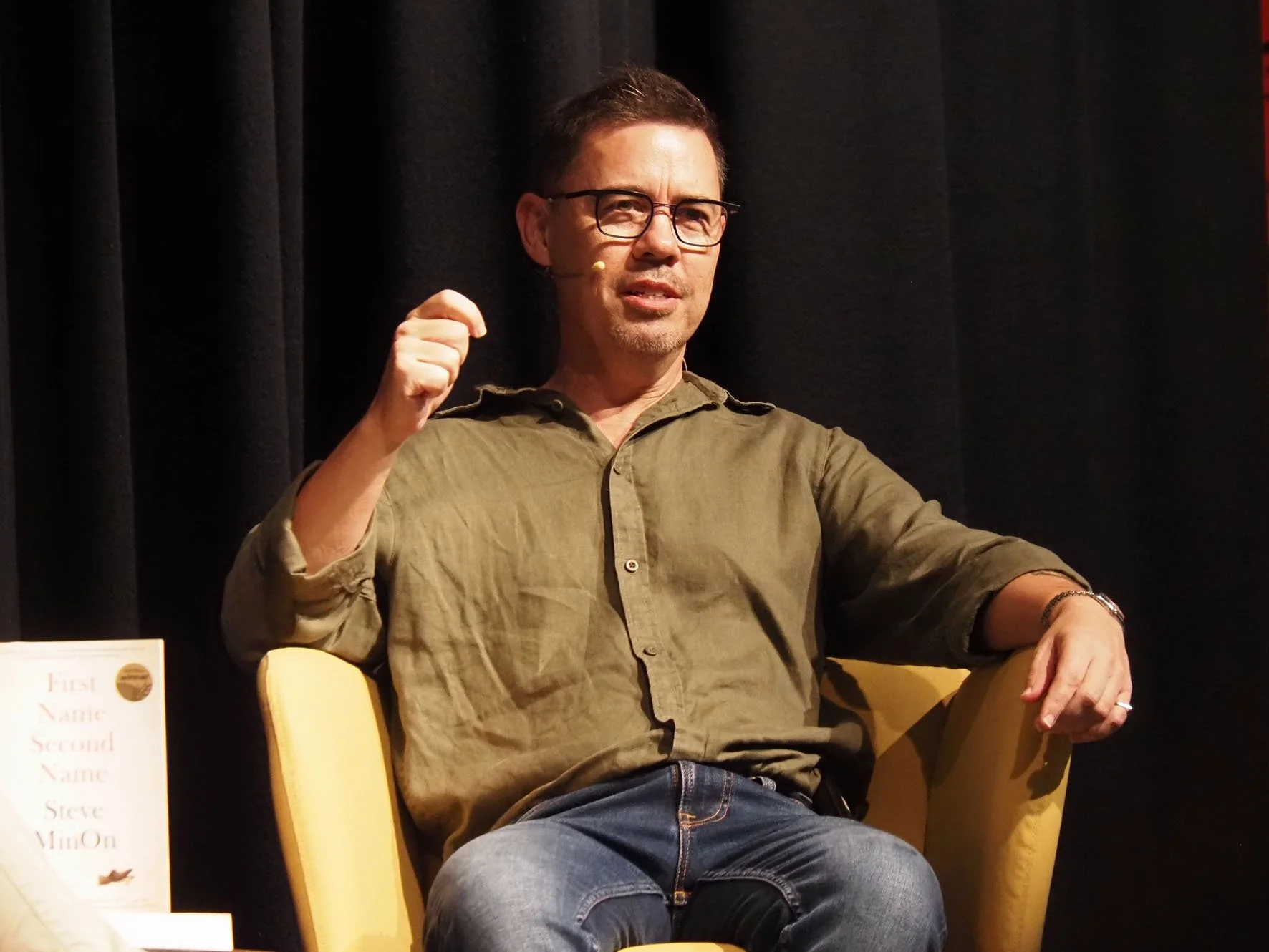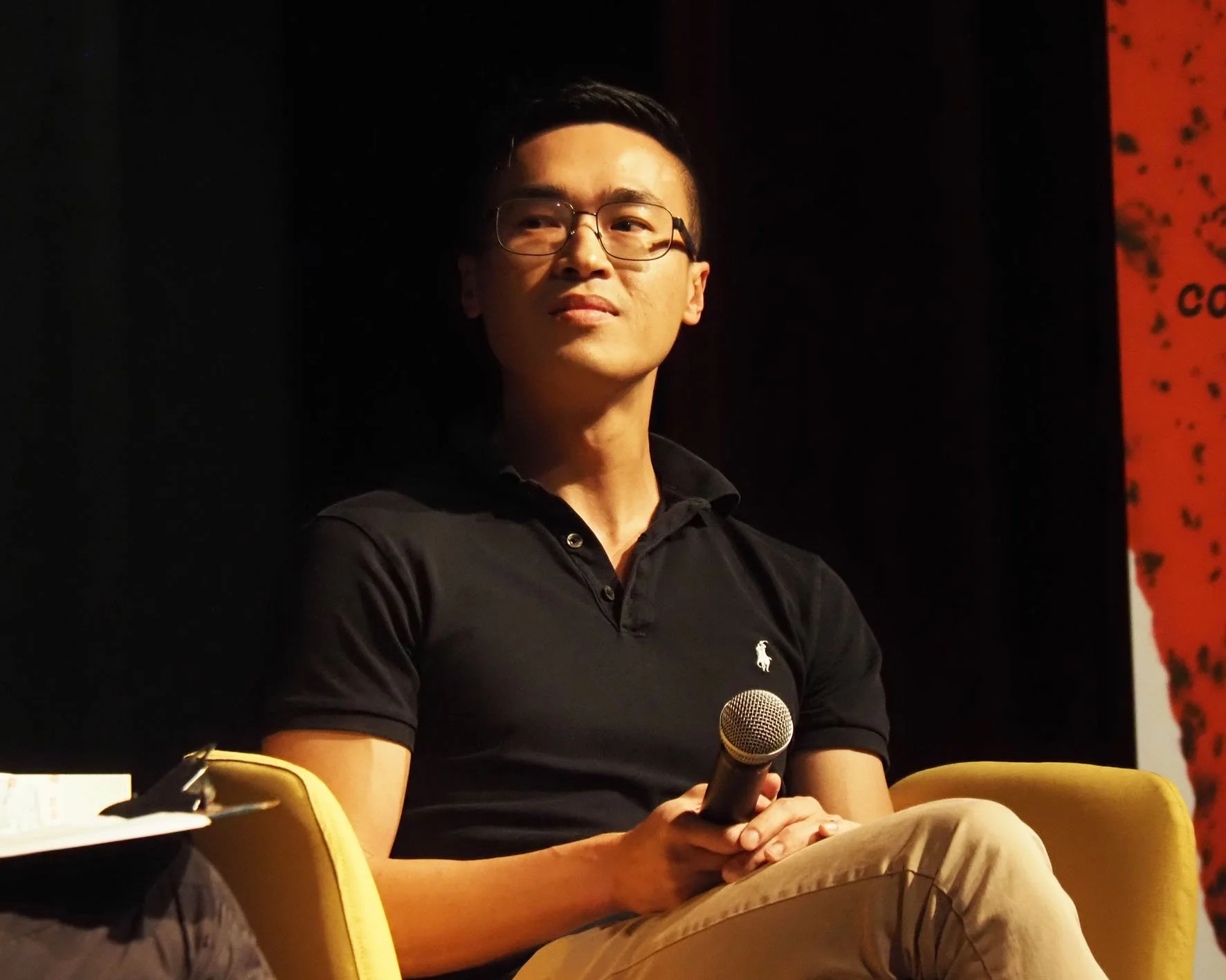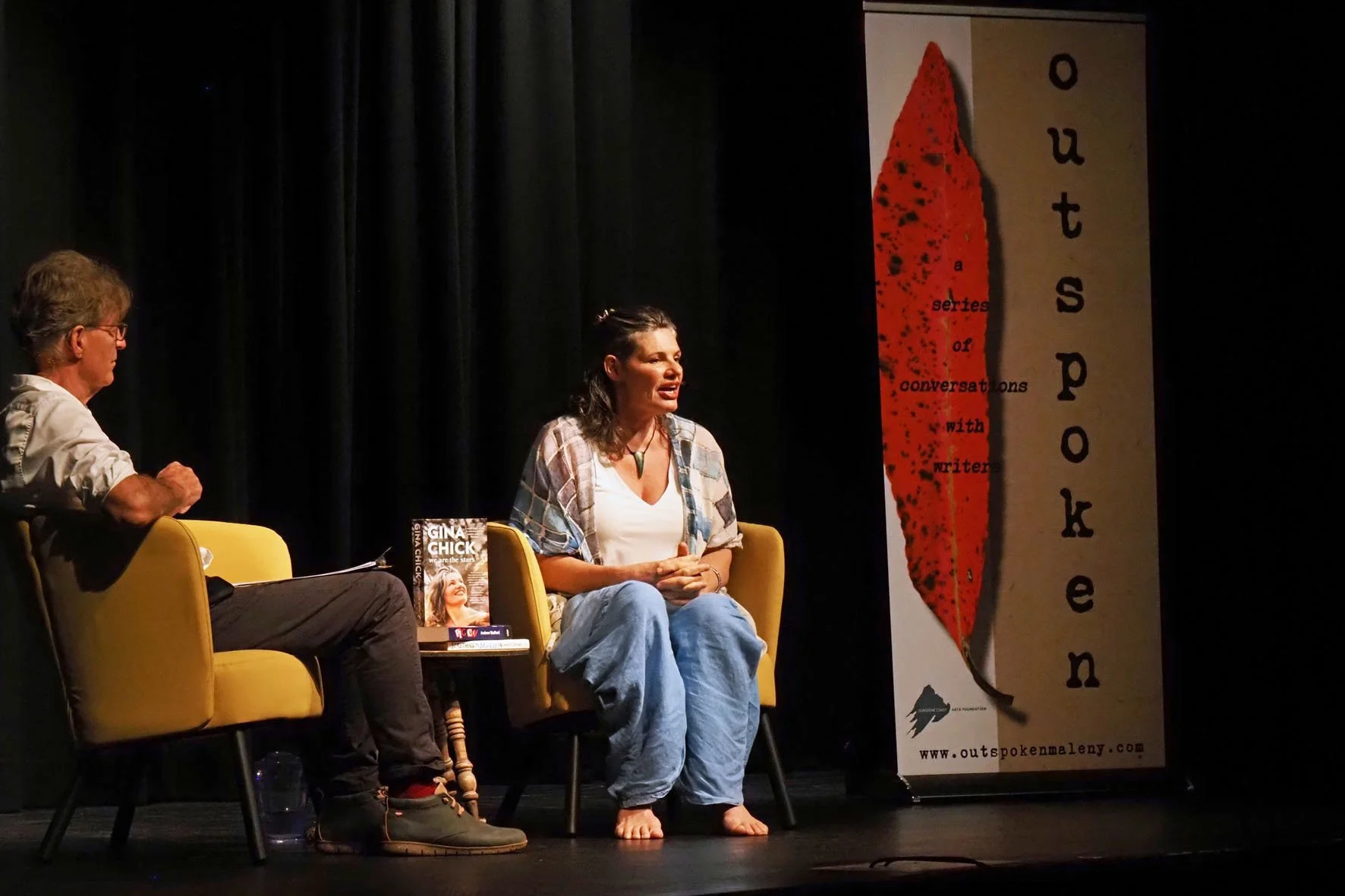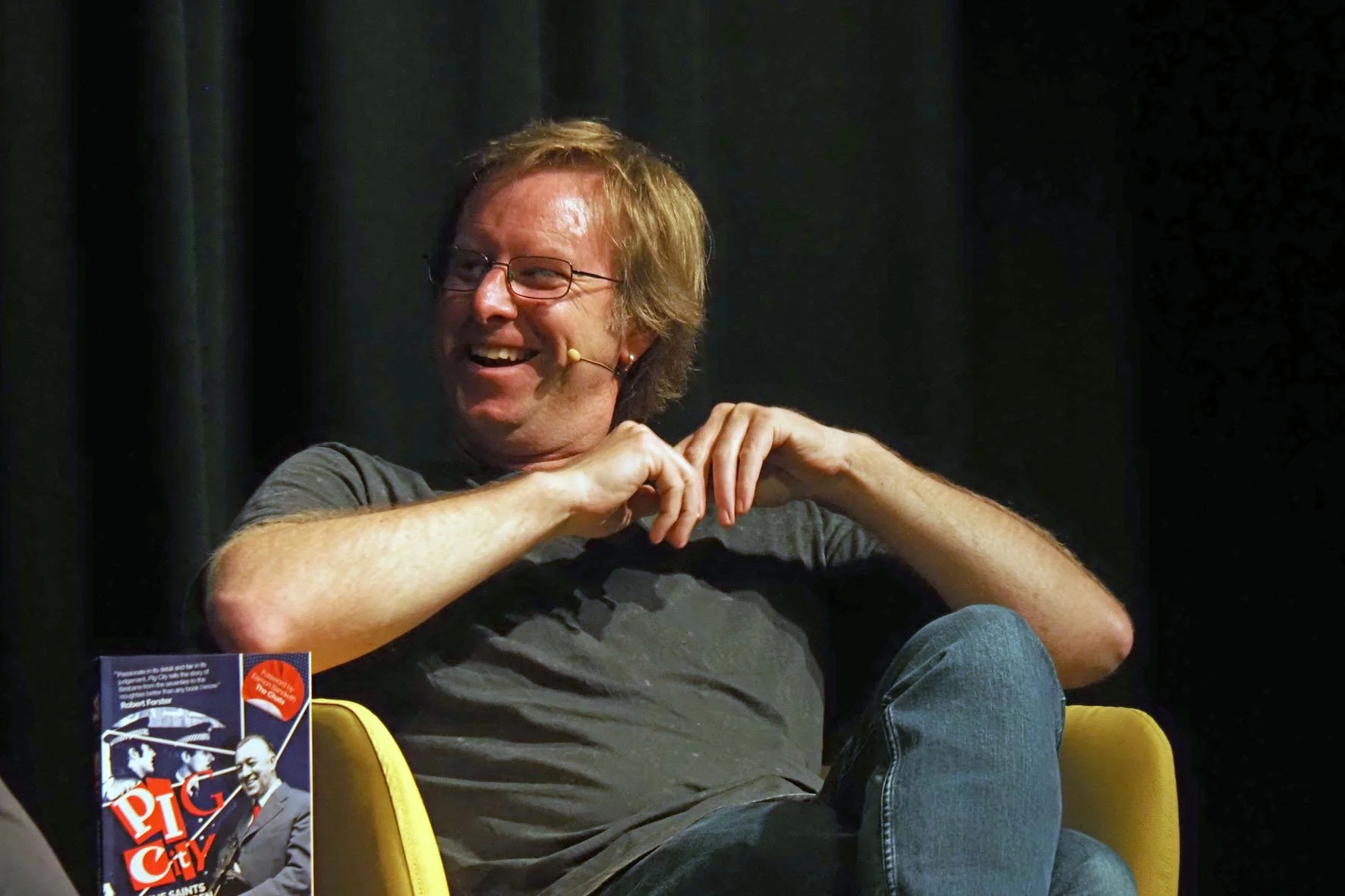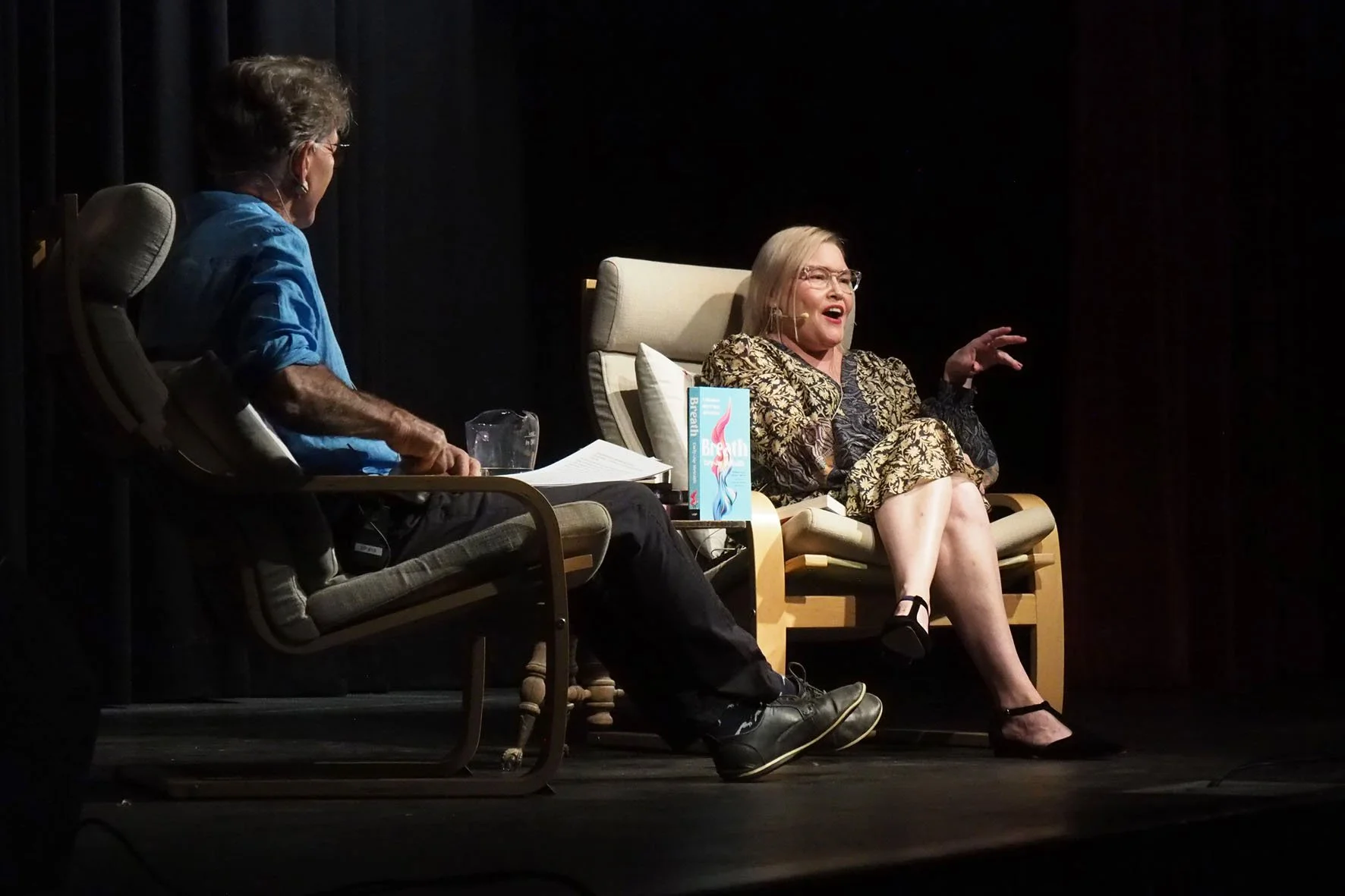Hugh Mackay, social psychologist extraordinaire - ‘the man who explains us to ourselves’ has a new book.
Just Saying is a series of twenty-five essays that take as their starting points statements from writers and thinkers as varied as Susan Sontag and Bertrand Russell, from Samuel Johnson to Gloria Steinem, from Plato to Miles Franklin.
In these reflections Mackay explores themes ranging from kindness and humility to power and prejudice; from gender equality to ethnic diversity; from coping with change to the damage inflicted on ourselves by revenge, and the great gulf between propriety and virtue.
Hugh Mackay is the bestselling author of twenty-five books, including The Way We Are and The Kindness Revolution. He had a sixty-year career in social research and was for thirty years a weekly newspaper columnist. In recognition of his pioneering work in social research, he has been awarded honorary doctorates by five Australian universities, as well as being appointed an Officer of the Order of Australia.
This is Hugh’s third visit to Maleny for Outspoken. Hugh, himself, requested to be included in our program, citing the openness and intelligence of the audience. We couldn’t be more delighted to have him return.
Hugh is in conversation with Steven Lang.





